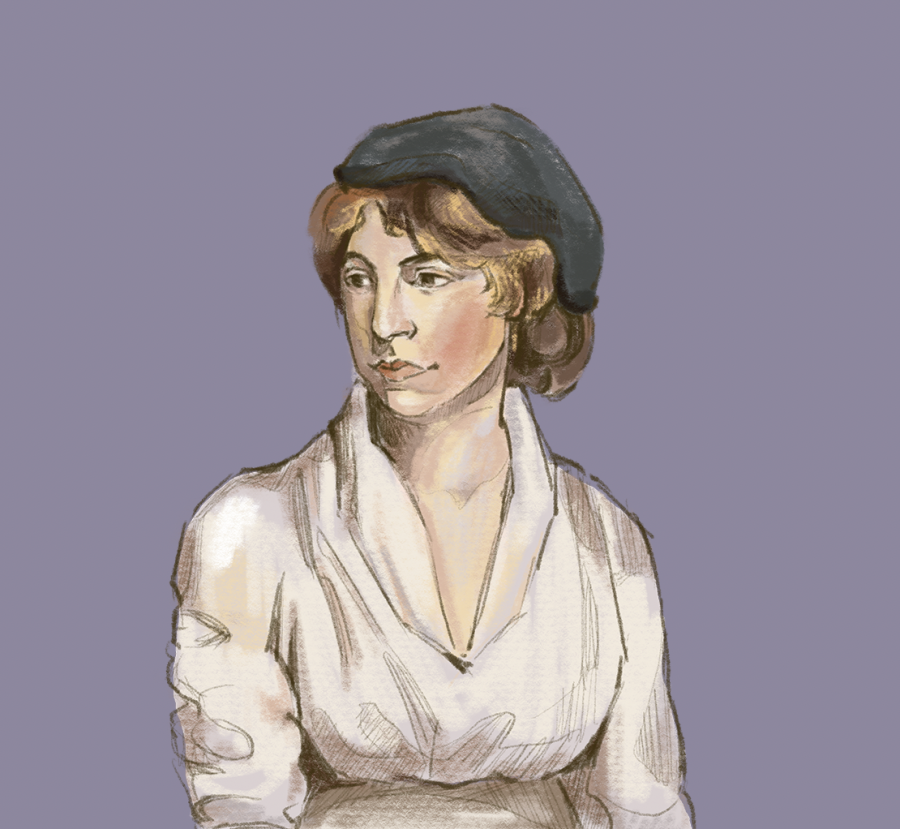Historical female figures
Mary Wollstonecraft
Mary Wollstonecraft
Born in 1759, Mary Wollstonecraft was a renowned women’s rights activist who made significant contributions to the origins of feminism through literature. She wrote “A Vindication of the Rights of Woman” in 1792, which is considered to be one of the earliest books written about gender equality, and laid a foundation for the fight for women’s rights throughout the world.
Although Wollstonecraft grew up in poverty and her access to education was very limited, she was determined to create reform for women’s rights and challenge prejudices rooted in sexism. Through hard work, she not only acquired an education, but eventually also opened a girls’ school with her sister in London in 1874.
Wollstonecraft was most active during the peak of the Enlightenment era, a time period in which intellectuals engaged in philosophical and scientific discourse regarding society. During this time, Wollstonecraft advocated for accessibility of education for women, despite pushback from the prominent male thinkers such as Jean-Jacques Rousseau at the time who opposed her beliefs. Although her ideas regarding the double standards set for women were very radical for her time, she eventually grew to be one of the most influential philosophers during the Age of Enlightenment.
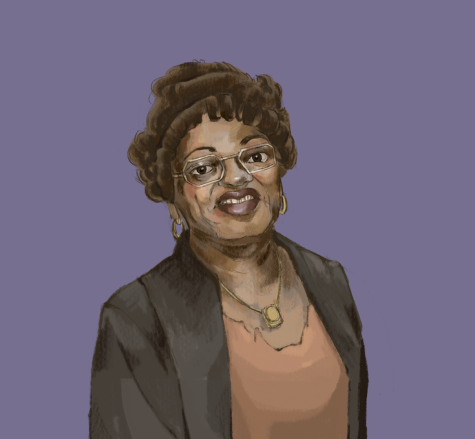
Claudette Colvin
Although the story of Rosa Parks is well-known, the stories of countless other Black women go unnoticed, such as Claudette Colvin’s. Nine months prior to Parks’ boycott, 15-year-old Colvin didn’t give up her seat when asked to move to the back of the bus in Montgomery, Alabama on March 2, 1955.
Colvin was arrested and was charged with disruption of peace, violation of segregation laws and assault of officers. Following this incident, Colvin was forced to drop out of school and discontinue her education. She decided to channel her energy into advocating for civil rights for African-Americans. She and Parks became closer, with Colvin making contributions to the fight against racial discrimination by joining the National Association for the Advancement of Colored People Youth Council. In 1956, Colvin became one of the four female plaintiffs in the Supreme Court case “Browder v. Gayle,” which determined the laws to be in violation of the 14th Amendment and led to the desegregation of buses in Alabama.
Colvin’s story is often untold because local activists felt Parks would be a better face for the fight against segregation, as she was an adult and presented as less Black to appeal more to white audiences to join the movement. Despite this, Colvin’s story is a powerful example of a young Black female showcasing strength in the face of adversity.
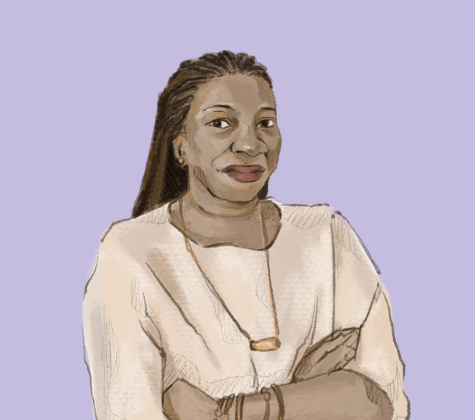
Tarana Burke
Tarana Burke started the Me Too Movement in 2017, which sparked the creation of a global network of sexual violence survivors through meaningful discussions. The Me Too Movement was created to increase awareness of sexual violence and began as a platform for survivors to share their stories and show how rampant the experience of sexual abuse is, as well as the gender inequalities often associated with it.
Burke was a youth worker who mainly worked with young women of color. Burke identified with the story of a girl she worked with so much that she became inspired to start the Me Too Movement because of it. As a survivor herself, she recognized that many others have also suffered through similar tragedies.
The movement began picking up after Hollywood actress Alyssa Milano tweeted about her own story using the “#MeToo” hashtag, which had inspired millions of other survivors to share their own stories. As the hashtag circulated internationally, the door was opened to new discussions regarding the power dynamics between genders and connections between race and abuse. Burke was named the “TIME” Person of the Year in 2017 and also received the Sydney Peace Prize. Today, Burke continues her work for the Me Too Movement and the combat of other social injustices.
Your donation will support the student journalists of Henry M. Gunn High School. Your contribution will allow us to purchase equipment and cover our annual website hosting costs.
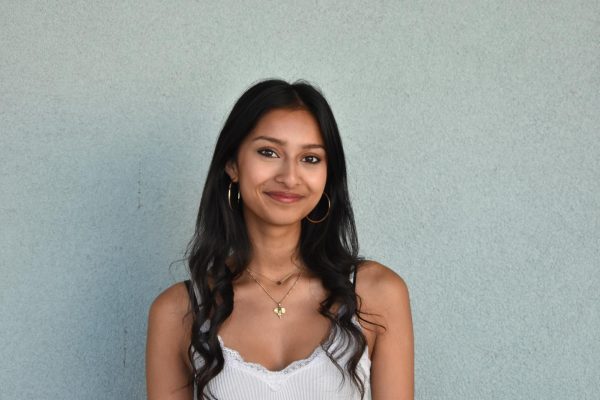
Senior Diya Bose-Malakar is a features editor for The Oracle and has been on staff since August 2022. She enjoys listening to music, laughing at her own...
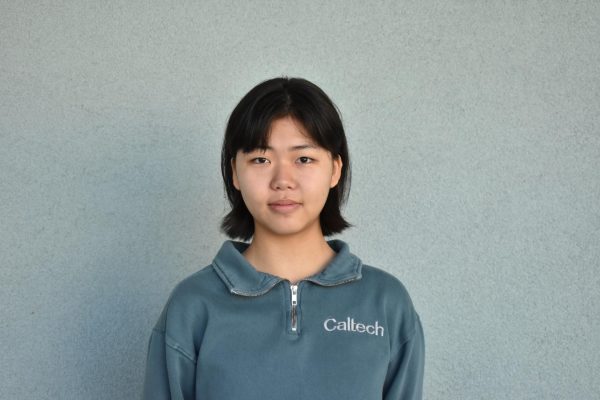
Senior Irene Hong is the graphics editor and has been on staff since sophomore year. In her free time, she likes listening to K-R&B and playing violin.


